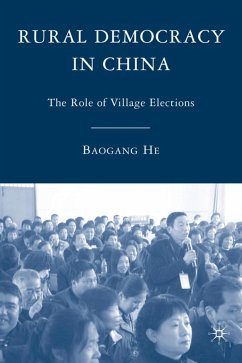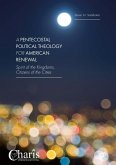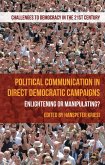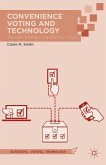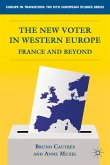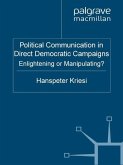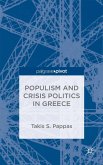This book examines village democracy and the prospects of China's democratization. It explains how three key factors - township, economy and kinship - shape village democracy and account for rural variations. It considers the extension of village to township elections, the idea of a mixed regime and its impact on political development in China.
"Baogang He offers us the first comprehensive, theoretically-informed treatment of China's rural political reforms. Whereas other studies of grassroots elections have focused on a handful of villages or one aspect of villagers' autonomy in many locations, Professor He has gathered rich, empirical data and immersed himself in the extant literature to provide an explanation of why village democracy has floundered in some places and taken hold in others. His many hypotheses and thoughts about China's "mixed regime" are sure to be discussed for years to come." - Kevin J. O'Brien, Bedford Professor of Political Science at the University of California, Berkeley, and co-author of Rightful Resistance in Rural China (2006)"Baogang Heenters the debate over the meaning of China's village elections with a data-rich and strongly argued case for their democratic potential. Combining Western democratic theory with extensive fieldwork in Chinese villages, he presents a nuanced understanding of how semi-competitive elections have shifted the balance of power in the Chinese countryside, launching a dynamic that could foster growing peasant control over local leaders." - Andrew J. Nathan, Professor of Political Science, Columbia University
"Professor He's superbly detailed and comprehensive study of village democracy in China provides a refreshing assessment of the extent of change in power relations reaped through village elections. It is essential reading for all those concernedwith processes of democratic change in China. "
- Professor Jude Howell, Director, Centre for Civil Society, London School of Economics and Political Science
"Professor He's superbly detailed and comprehensive study of village democracy in China provides a refreshing assessment of the extent of change in power relations reaped through village elections. It is essential reading for all those concernedwith processes of democratic change in China. "
- Professor Jude Howell, Director, Centre for Civil Society, London School of Economics and Political Science

